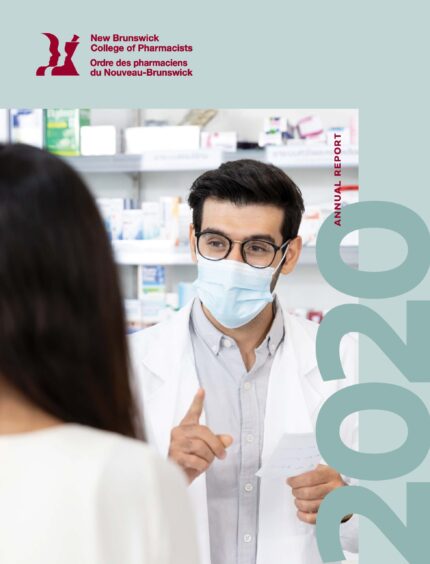Students and new graduates – March 3
Registration of students and new graduates
The College strives to give timely attention to all requests and applications. The staff at the College endeavors to meet the demands of an ever-increasing volume of registration requests in an efficient and effective manner. All applications and requests are deemed important and all applicants must be treated fairly.
The following suggestions will help ensure the application process is a positive experience.
Applicants
- Use the application checklist as a guide to ensure your application is complete before submitting it to the College.
- Take note of the required format of certain documents and submit those correctly to avoid unnecessary delays.
- Give yourself plenty of time when requesting items that must be included with your application such as a criminal record check, insurance policy, etc.
- Communicate openly and regularly with your employer or preceptor so they are aware of registration delays due to items that may be missing from your application package or that you submitted in an incorrect format.
Employers / Preceptors
- Discuss the status of an application with the applicant; the College respects the privacy of each applicant and will only discuss an open file directly with them.
- Review the application checklist with a potential new hire or student to make sure they have submitted all required pieces to the College in the required format.
- Allow for reasonable application processing time when making plans for new hires and setting employment start dates.*
- Be an example to the new registrants as they begin their career in pharmacy in New Brunswick, to have a strong and mutually respectful relationship in all dealings with the College.
*Expect some processing time following the release of the PEBC exam results. Successful completion of the PEBC examinations is one of the many requirements for registration and licensure.
For access to all application packages, please visit the College website www.nbpharmacists.ca and click on the Applicant tab. {LINK}
For the complete update, please click here – {LINK}



